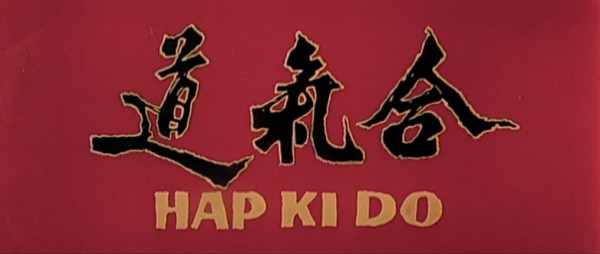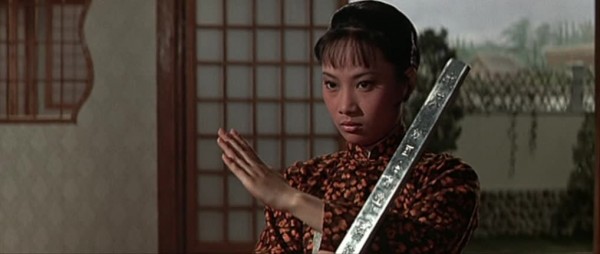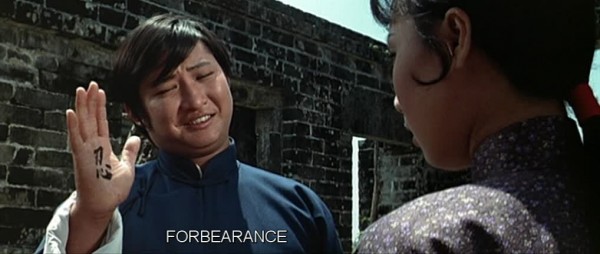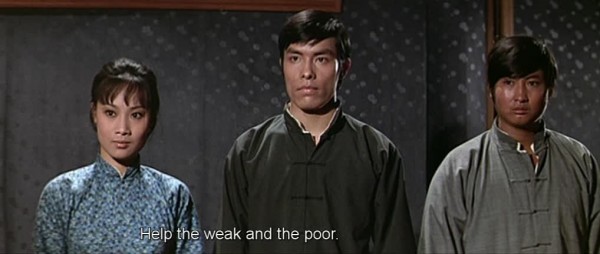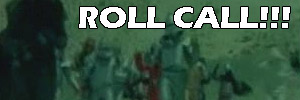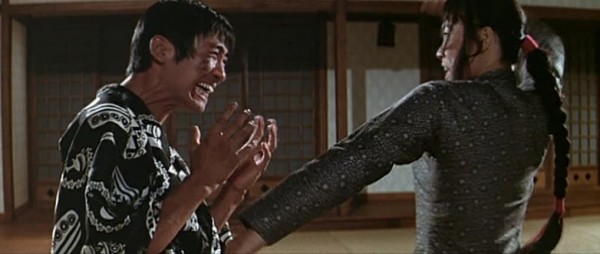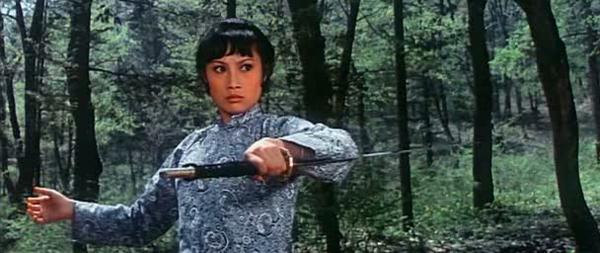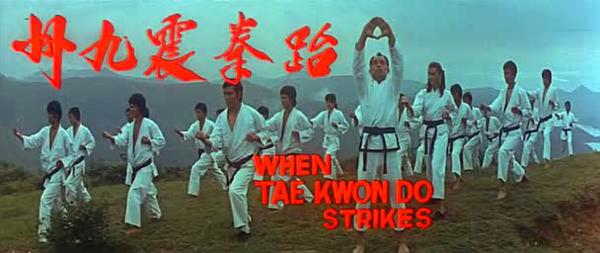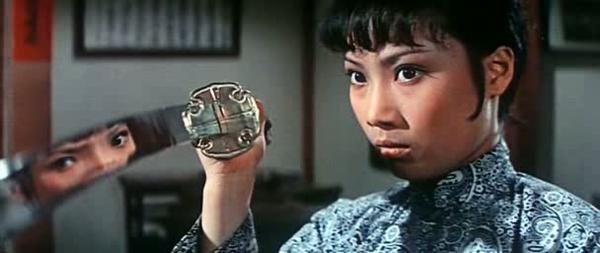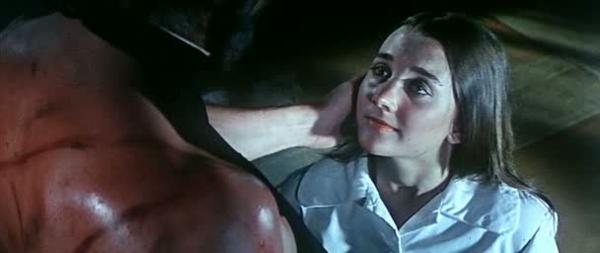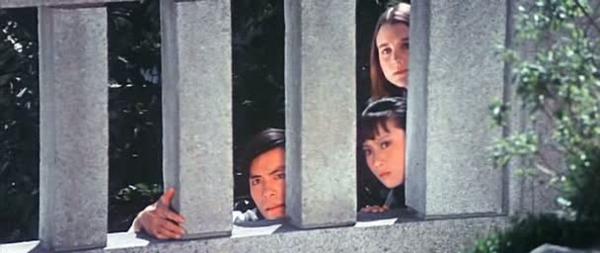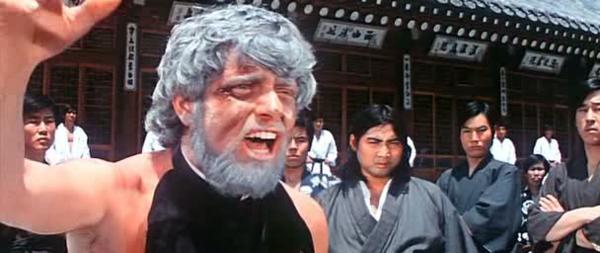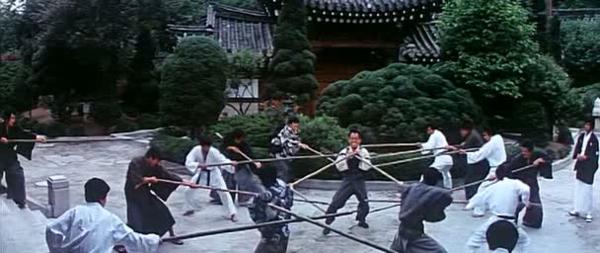Shy Spirit
aka 九月初九之重見天日 aka Shyly Spirit aka Pa xiu gui

1991![]()
Written by Jeng Man-Wa
Directed by Chong Yan-Gin

Shy Spirit is about one thing, which is a nude ghost girl. The film then sets up a nice and ridiculous scenario to get the nude ghost girl, who is nude far less than you would expect for this being a movie about a nude ghost girl. Despite the nude ghost girl being the draw, Shy Spirit is not one of those smutty Cat III ghost films. Though it’s a spooky comedy, like many Hong Kong films the tone will jump around, daring to become suddenly serious or becoming a well-choreographed action film before jerking right back to the comedy.
Shy Spirit also isn’t very good. It takes too long to set up the complicated plot, which then rambles around a while. Large portions of the film focus on Long-Life like he’s supposed to be the hero, even though he does all sorts of bad things like inadvertently kill Hsio, turning her into the “shy spirit” of the title. Sing ends up becoming the hero, though he

Shy Spirit features rival families and innocent people who are caught in the crossfire. The Wang family and the Ko family are rivals, dating back to when both patriarchs were chasing after the same girl as youth, Mrs. Hu. She ended up choosing neither of those idiots, instead picking a sickly guy. All three families have kids at the same time, Mr. Wang celebrates the birth of his son Sing, Mr. Ko celebrates the birth of his son Long-Life, and Mrs. Hu celebrates the birth of her daughter, Hsio. This means another generation of the rivalry. Not only that, but it’s time to tell the fortunes of the three babies, thanks to a traveling priest and his hopping assistant. The priest is Lam Ching-Ying essentially playing his one-eyebrow priest character from the Mr. Vampire movies, and the fortune for Long-Life is more of a misfortune – he’ll age rapidly and probably die at age 23. But if he doesn’t, he’ll live a long life. Also he’ll be weak during the full moon. Does that make him a were-weakling? Strangely, he gets the bad fortune, even though other bad stuff happens.







